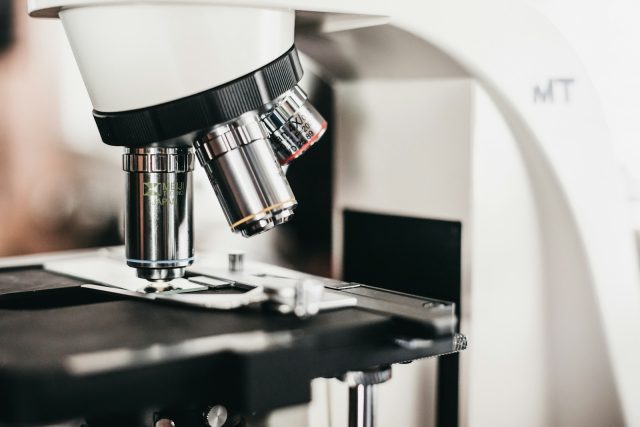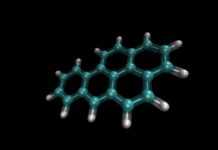
Curiosity about fungal biology and taxonomy has drawn attention to one particular subject: spores from the Psilocybe genus. Enthusiasts and researchers often explore these spores for scientific observation under a microscope. However, there are key details to understand before placing an order. From legality to storage, each aspect demands careful attention.
This guide outlines the crucial factors every researcher or collector should know before ordering or handling psilocybin mushroom spores. Understanding these points ensures that studies remain ethical, compliant, and scientifically valuable.
What Psilocybin Spores Really Are
Psilocybin spores are microscopic reproductive units of fungi that belong to the Psilocybe genus. These spores do not contain psilocybin or psilocin, which are the active compounds responsible for psychoactive effects. As a result, they are often legal to possess for microscopy and taxonomy in many regions.
However, the legality depends on each jurisdiction. While possession for study might be acceptable in some states or countries, germinating or cultivating them is often prohibited. Knowing this distinction is essential to staying compliant with the law.
Legal Aspects That Cannot Be Ignored
Before purchasing any spore samples, research the regional or state laws. Many suppliers include disclaimers stating that spores are for microscopy purposes only. This restriction exists because germination may lead to the development of a controlled substance.
Here are a few important points to keep in mind:
- Check local laws: Some states and countries allow microscopy study but ban cultivation.
- Buy from trusted suppliers: Reputable sellers clearly label products and provide documentation of legal intent.
- Avoid suspicious vendors: Illegitimate sellers often make exaggerated claims about growth or effects, which may indicate unlawful activity.
Being informed prevents legal complications and keeps research strictly scientific.
Quality and Source Matter More Than Price
Selecting spores based on quality rather than cost is important for accurate microscopy. Reliable suppliers ensure proper sterility and purity. Contaminated samples can distort observations and waste effort.
Authentic sources often provide a certificate of authenticity or clear strain information. Packaging should mention that the product is for microscopic examination only. It is wise to avoid anonymous or unverified sellers that fail to provide clarity on origin or strain type.
How to Handle and Store Spores Properly
Even though the spores are microscopic, they require proper handling and storage to maintain integrity. Mishandling can damage them and reduce the usefulness of a sample under a microscope.
Key storage tips include:
- Cool and dark environment: Spores stay viable longer when kept away from light and heat.
- Sterile containers: Prevent contamination during examination.
- Labeling samples: Helps keep track of different strains for organized research.
A simple mistake in handling can lead to contamination or sample degradation. Clean tools and controlled environments are essential to preserve sample quality.
Choosing the Right Equipment for Observation
Microscopy enthusiasts often invest in specific tools to view spores effectively. A compound microscope with at least 400x magnification works well for this purpose. Some researchers also use oil immersion lenses for detailed cellular visualization.
Accessories such as prepared slides, cover slips, and staining kits improve clarity and contrast. Documenting visual observations through high-resolution photography can also support academic or personal records.
Ethical Responsibilities and Safety
Ethics play a vital role when working with fungal spores. The intention must remain scientific, focusing on taxonomy, morphology, and educational study. Any attempt to cultivate or distribute spores for illegal use can have serious legal consequences. Researchers must treat their work responsibly, respecting both science and law. Transparent labeling, ethical sourcing, and honest communication about research intent reinforce credibility.
Anyone interested in studying psilocybin mushroom spores should first focus on legality, authenticity, and proper laboratory practice. Thorough research before making a purchase helps avoid complications later. Ensuring that the supplier provides sterile, clearly labeled samples adds confidence to the study process. Responsible exploration of these spores under a microscope can be both educational and fascinating. Proper understanding, patience, and care transform a simple microscopy project into a credible scientific endeavor.










